As my “This Week In Podcasts” posts move into a rating system, I feel like a rubric would be handy so that listeners and creators alike can get a better grasp on why I rate episodes the way I do. My ratings are on a standard A+ to F scale. Any podcast that gets an A or an A+ will almost definitely be featured on that week’s “Highlights” section, while any podcast that receives a D or lower will be listed on the “Pitfalls” section. This isn’t to say that each week, there will be episodes that hit both ends of the spectrum. The ratings are based on the individual episode’s content, not the feeling of the week overall.
This isn’t to say, though, that each podcast is created equally. Most well-known, well-funded podcasts will have a much harder time earning an A or A+ than an indie podcast. Rating all podcasts on the same scale wouldn’t be fair when indie podcasts are funding themselves entirely. Here’s a quote from my Reviews Policy page that explains my feelings on this more thoroughly:
This blog also exists to serve the indie podcast community. While larger podcasts, usually those that exist in networks, get plenty of press from old media, indie podcasts are almost always ignored. This blog exists to shine a light on smaller podcasts while showing the flaws in the bigger podcasts, both of which are ignored by traditional reporting.
With that said, these ratings are going to be malleable dependent on what podcast I’m rating. Still, I do have a general rubric I use when I listen to a podcast. Here’s a breakdown of what each rating means to me.
A+ to A-
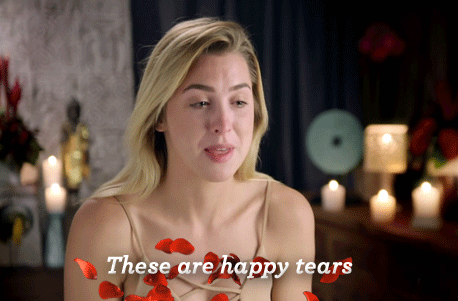
For a podcast to get such a high rating, it’s going to have to be really memorable. Every single aspect of the show has to be meticulously produced and put together. If it’s a fiction podcast, I expect to be genuinely moved. The writing, acting, and production need to create an immersive, believable, gripping story–think Wolf 359′s “Memoria.” If it’s a comedy podcast, I expect to be laughing so hard I feel like I’m going to puke–think Hello from the Magic Tavern’s first episode with Flower. If it’s a science podcast, I expect the production to be exhilarating and the content to be mindblowing–think Radiolab‘s “Colors.” If it’s a different nonfiction podcast, I expect it to be something that genuinely makes me understand the world better–think Invisibilia’s “The New Norm.” For a show to get an A+, it has to be something I’ll be referencing long after listening, a show I return to over and over, a show I use to explain why podcasts are such a beautiful medium.
B+ to B-
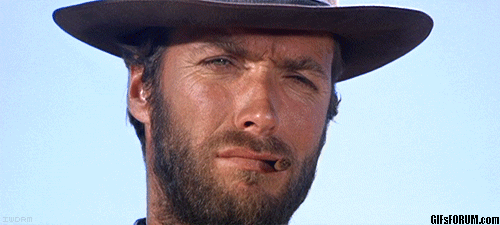
Episodes in the B range are good, but they’re not as memorable as a show in the A range. Shows in the B range might be exemplary in one aspect (say, for instance, production) but might have some fallbacks in another aspect (say, for instance, acting). A show in the B range might be standout except for having some distracting Podcast Problems. Shows in the B range might be good overall, but nothing I’ll find myself returning to over and over. These are episodes I’d recommend–just not episodes I’d recommend to introduce someone to a show or the medium as a whole. B-range podcasts still need to have moments that wow me, even if the episode overall doesn’t.
C+ to C-

Episodes in the C range are forgettable. Nothing about them impressed me, and the bad starts to outweigh the good. These are episodes I’m only going to listen to one, and when they start hitting a C-, I might not have listened to the whole episode in the first place. C-range episodes are ones that come close to annoying me but don’t quite get there–usually, this is because they’re just boring; sometimes, this is because they have one or two redeeming factors or moments. If a comedy podcast gave me a few good laughs but was otherwise dull, it’ll land in the C range. If a fiction podcast sacrificed a few of its aspects (writing, acting, production, etc.) for others, or if it didn’t seem to add much to the plot or characters, it’ll land in the C range. If a nonfiction podcast was boring and had me less than focused, it’ll land in the C range.
D+ to D-

For a podcast to get into the D range, it’s going to have to piss me off. This almost always comes in the form of bad writing. For bigger podcasts, this might come in the form of bad production, especially for nonfiction shows. This is an episode that’ll stick out to me, but in a bad way. Usually, if a podcast hits the D range, I’m going to be very surprised, or I’m going to start losing faith in the show altogether, depending on how much I liked it before the episode aired. D-range podcasts are the ones I will actively vent about to the people who will listen. Still, these aren’t dealbreakers. They’re close enough for me to glare really hard at a podcast, but they’re not enough for me to give up on them.
F

Listen. I’ve been a teacher. I’ve taught tenth graders. I know that making things, especially creatively and especially without regular compensation, is hard. I’m a big fan of giving people an “eh” for effort. I don’t give out Fs lightly, and when I do, I don’t feel good about doing it. Mostly.
But listen: I’ve taught tenth graders. I know when you just don’t even try.
An F podcast will be something where the creators sat back on their laurels and just stopped giving a shit. These are episodes where the writing is atrocious, the acting is embarrassing, and the production makes me want to drink to unhear it. F podcasts will almost never come out of nowhere; these are episodes in a long run of D-range shows. These are the dealbreakers. These are the moments I look at Pocket Casts and say, “THAT’S IT! I’M DONE! I’M UNSUBSCRIBING!” These are the episodes I make examples of so that creators can learn.
These are shows that I will point to when people ask me what the problems in podcasting are as a medium. These are the shows that I will compare D-range podcasts to in order to remind myself that those ones really aren’t so bad. This is the bottom of the barrel, and boy oh boy, y’all will know when we’ve hit it.
If you have any questions about my rating system, please let me know! You can contact me in the comments below, in my asks on tumblr, or on twitter. If you ever want a quick letter rating on an episode, you can ask me for those, too! If you ever want more info on why an episode got a certain rating, feel free to comment on the individual “This Week in Podcasts” post.
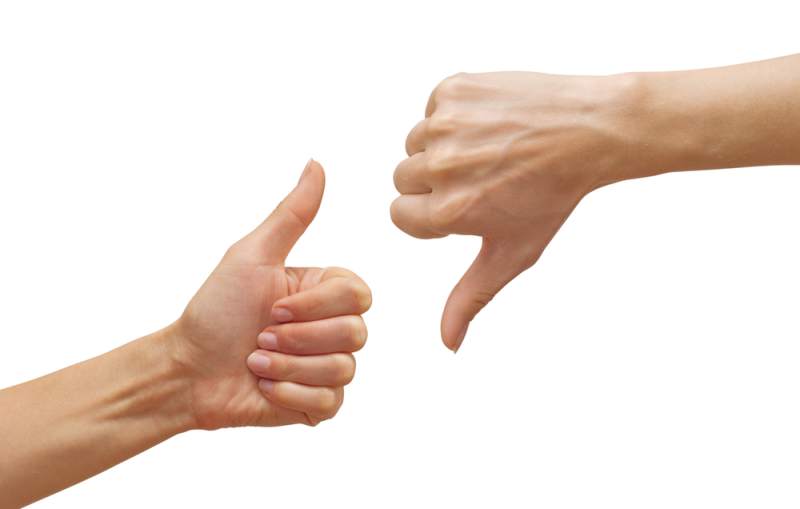

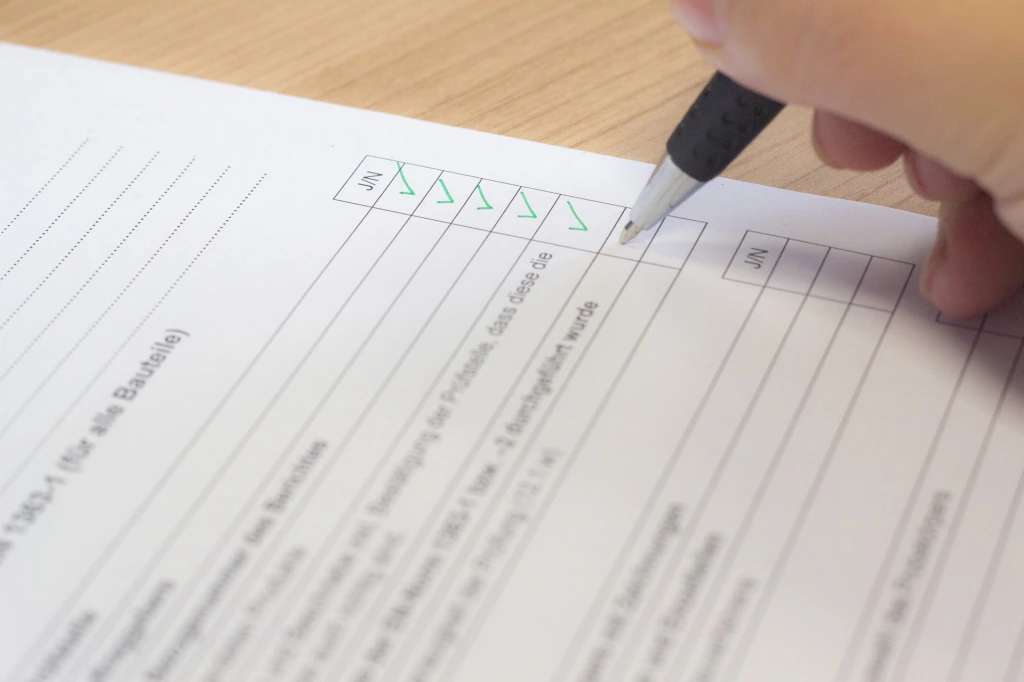

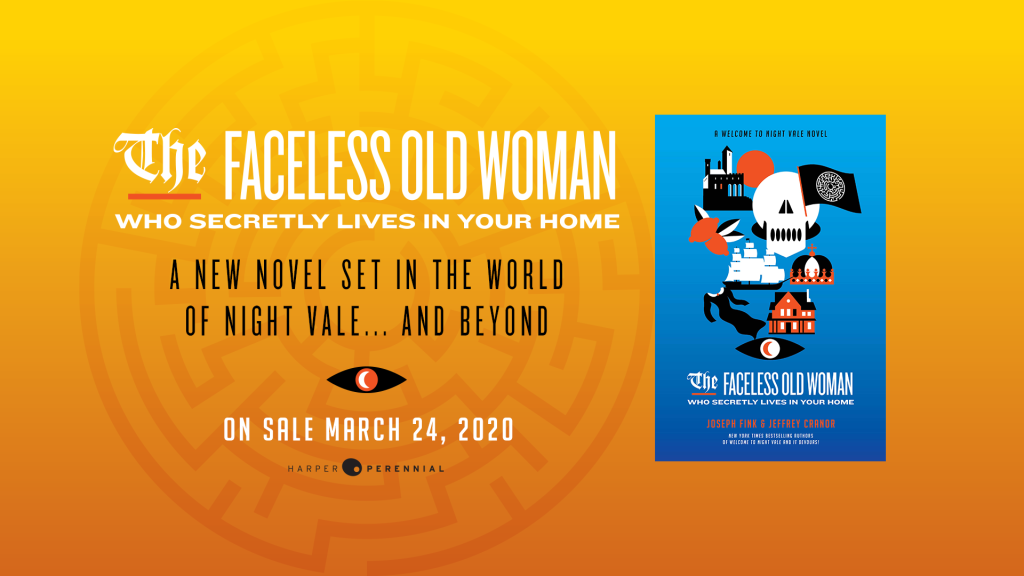



Leave a comment